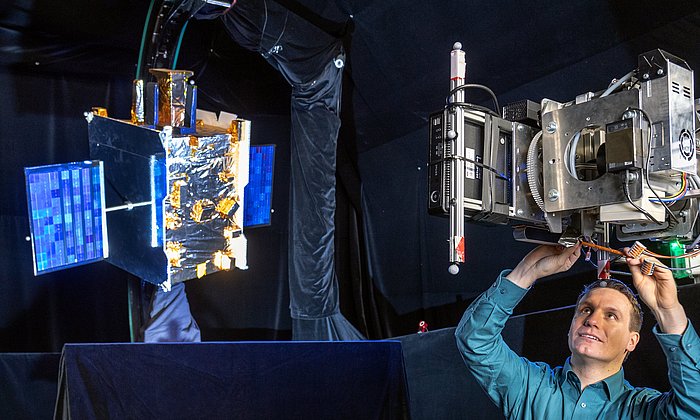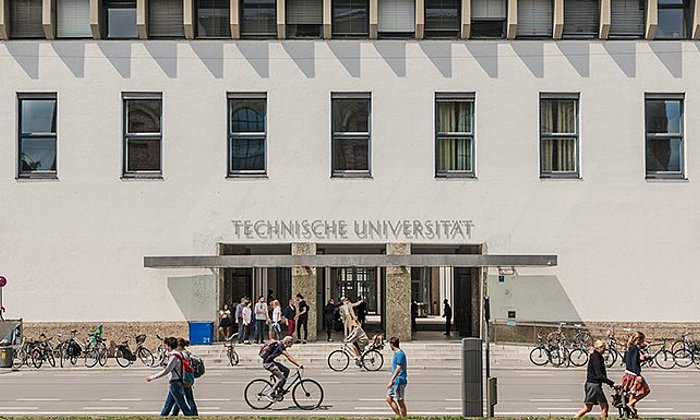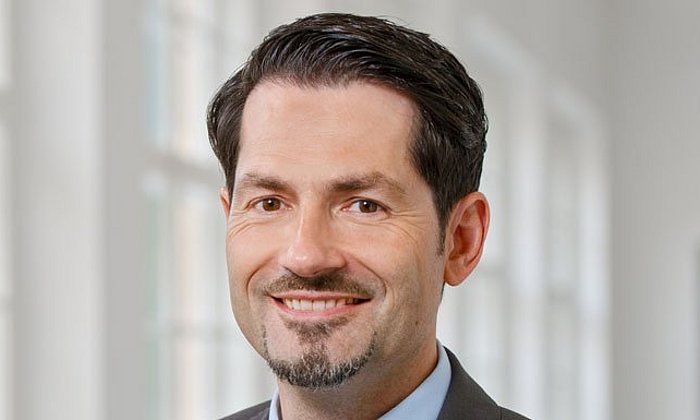A talk with our new President Thomas F. Hofmann
“We are creating a global marketplace of knowledge”
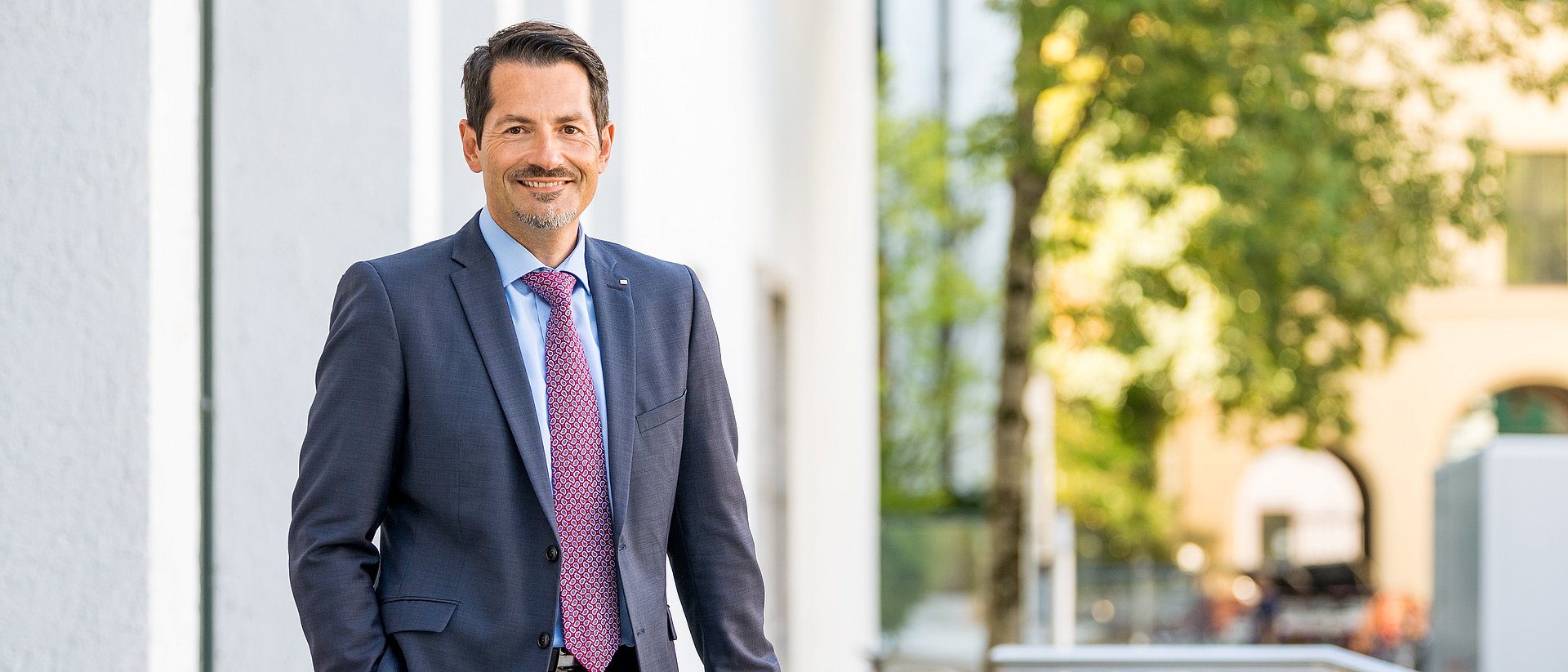
What will TUM of the future look like in your opinion?
Prof. Thomas F. Hofmann: I believe TUM will be a creative, stimulating place where people from the worlds of science, business, politics and society will be able to come together to dialog, to be inspired, to challenge each other, to seek further education and to collaborate. All with the common goal of overcoming the social challenges of the future through innovation and improving people’s lives and the way they live together on a long-term, sustainable basis. In saying this, I am naturally thinking of the young people from all over the world who come here to study. And of scientists from different disciplines and the many alumnae and alumni who keep returning to their TUM, contributing their experience as global citizens. Only if we succeed in jointly creating a global marketplace of knowledge, will we be able to find responsible solutions to the problems of our time, such as the consequences of climate change.
“For me it is important to appreciate and promote knowledge and the creativity of individuals.”— Prof. Thomas F. Hofmann
How do you intend to prepare TUM for these challenges?
For me it is important to appreciate and promote knowledge and the creativity of individuals , and to do so regardless of social characteristics and cultural backgrounds. This variety is the key to our mission. It is also a question of bringing the talents from different disciplines together and giving them the space to try out new ideas and explore hitherto uncharted interdisciplinary territories – and also before others have even been there! To do so, we are changing our system of faculties to schools in which experts from different disciplines work on overarching issues. We are also setting up “TUM Innovation Networks”: interdisciplinary teams which give visionary research approaches an opportunity – in the awareness that even the best idea may prove to be a blind alley or perhaps a quantum leap. I would also like to expand the technically-minded humanities and social sciences and integrate them with the teaching and research of our engineers – as the guiding principle behind our human-centered engineering. In future, these will become entirely natural parts of our students’ curricula.
Previously, you were Senior Vice President Research and Innovation for ten years. How has research at TUM evolved in this time and what did you find particularly inspiring about it?
I was most excited by the numerous scientific breakthroughs and innovations which our researchers have achieved in the last few years. For this I owe a major debt of gratitude as these achievements have spread TUM’s reputation far and wide. They make us even more attractive for top international talent. As Senior Vice President, it was both a duty and a pleasure to further enhance the underlying conditions for research and innovation. For example, we have implemented numerous measures to support individual talent and teams in their competition for external funding. And this is bearing fruit. For example, we have been able to boost our chairships of and participation in Collaborative Research Centers organized by the German Research Foundation (SFBs) from 21 to 33 SFBs – an increase of 50 percent in the last five years. Thanks to our tailored support offers, our success in winning funding awards from the European Research Council (ERC) is significantly above the European average, standing today at 117 ERC grants. Introduced in 2012, the TUM Faculty Tenure Track has also contributed to this success. Of the over 100 Assistant Professors so far appointed from all over the world, numerous talented scientists have prevailed in applications to the ERC and SFBs. With the TUMentrepreneurship program, and joining forces with UnternehmerTUM, we have succeeded in expanding our position as the leading start-up university in Germany: every year, we bring 70 to 80 tech start-ups to the markets. In total, the university has spawned more than 800 start-ups in the last 20 years. Today, a quarter of all EXIST start-up projects funded by the Federal Ministry of Economic Affairs go to TUM. This is splendid success, which I now intend to build upon to turn TUM into the leading launchpad for start-ups in Europe.
How do research results translate into teaching and how do their effects radiate beyond the university?
We need to awaken enthusiasm for science and technology in our future students by interacting more closely with schools. By significantly ramping up our dialog with politicians and society and supporting spin-offs and start-ups that turn ideas into socially relevant products and technologies. And we will hone our students’ abilities to interact more effectively with other disciplines. They must be able to harness the working methods, tools and knowledge of different disciplines as and when required. We will massively expand our range of online teaching formats, allowing them to be used independently of time and place in order to create greater freedom. And we will combine them expediently with new face-to-face formats for campus teaching where we will place greater emphasis on interaction and interdisciplinary connections, for example through problem-oriented, project-based learning in teams. In this way, we want to support the next generation of students in maintaining cognitive flexibility, working with people from different disciplines, cultures and backgrounds, inspiring others and activating their entrepreneurial curiosity as “studentpreneurs”. And finally, our formats will empower our students to think and act responsibly – aware of ethical dimensions and in tune with a moral code of values.
“TUM aspires to be a reliable anchorage for the careers of our students to which they can return time and again.”— Prof. Thomas F. Hofmann
What is your understanding of lifelong learning?
Society is changing rapidly. Many of today’s technologies will be obsolete by tomorrow! In future, our alumnae and alumni will change employers more frequently than their predecessors. At the same time, careers will last longer, probably close to half a century. It is therefore our brief to maintain the professional success of our students, alumnae and alumni by offering further academic qualifications on a continuous basis. Successful almunae and alumni will remain lifelong students! We are thereby ringing in a change: from a “one-time degree course” at TUM to lifelong, continuous learning. TUM aspires to be a reliable anchorage for the careers of our students to which they can return time and again. With us they can expand their range of skills, thus remaining successful despite the constantly changing requirements of the labor market. The new TUM Institute for Life-Long Learning will pool our offerings under one roof. The Institute also organizes the internal training of our staff. To do so, we are launching a qualifications and career program for mid-level academic staff – who have so far received shamefully little attention given their importance in German academia!
What are you most looking forward to in your new office?
I am a dedicated scientist through and through and for that reason I will miss my own research and teaching! But I am truly delighted that the time has now come, and I can tackle my new assignment. I would like to dialog with those people who are so crucial to the success of TUM: students, scientists, research assistants, emeritae and emeriti, alumnae and alumni, patrons, friends and all those who support us. They are the DNA of our university! I am one of them – we share the same principles and values. I would like to listen and learn from them, understand what motivates and drives them and what their objectives are. In return, I expect them to remain mentally agile, critically constructive and collegial, without losing sight of our common goals. Because we are jointly responsible for using the tremendous resources entrusted to us in such a way that we also deserve the support of politics, business and society at large.
Thomas F. Hofmann – TUM’s new President
Prof. Thomas F. Hofmann (51) studied food chemistry at FAU Erlangen-Nürnberg. He obtained his doctorate in 1995 and qualified as a lecturer at TUM in 1998. In 2002, Hofmann was appointed to the University of Münster and returned to TUM in 2007. Since then, Thomas Hofmann held the Chair of Food Chemistry and Molecular Sensory Science. In 2017, he was appointed Director of the Leibniz-Institute for Food Systems Biology. Prior to being elected President of TUM, Hofmann was active as Senior Vice President Research and Innovation for ten years and played a pivotal role in shaping the Excellence Strategies of 2012 and 2018.
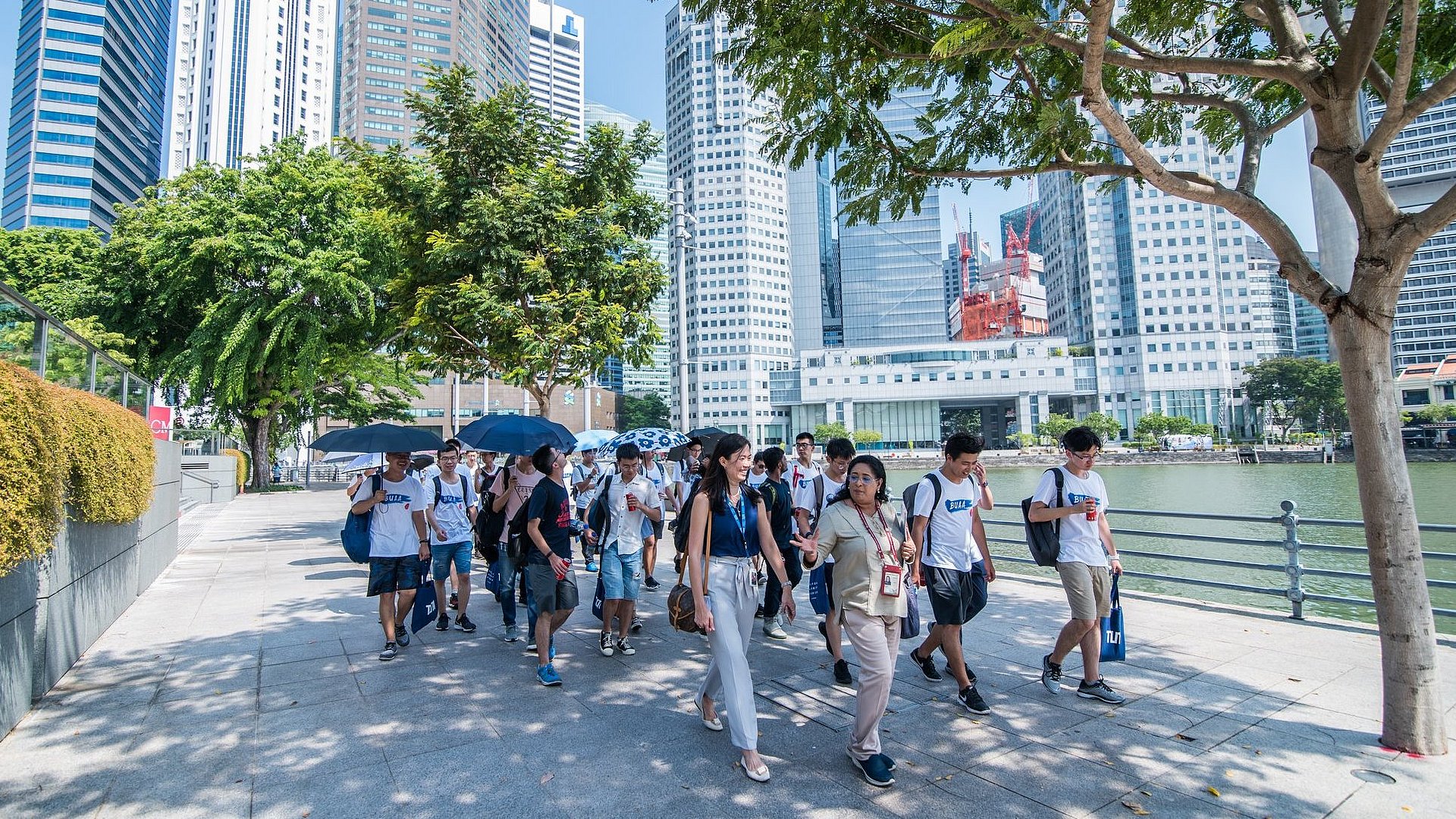
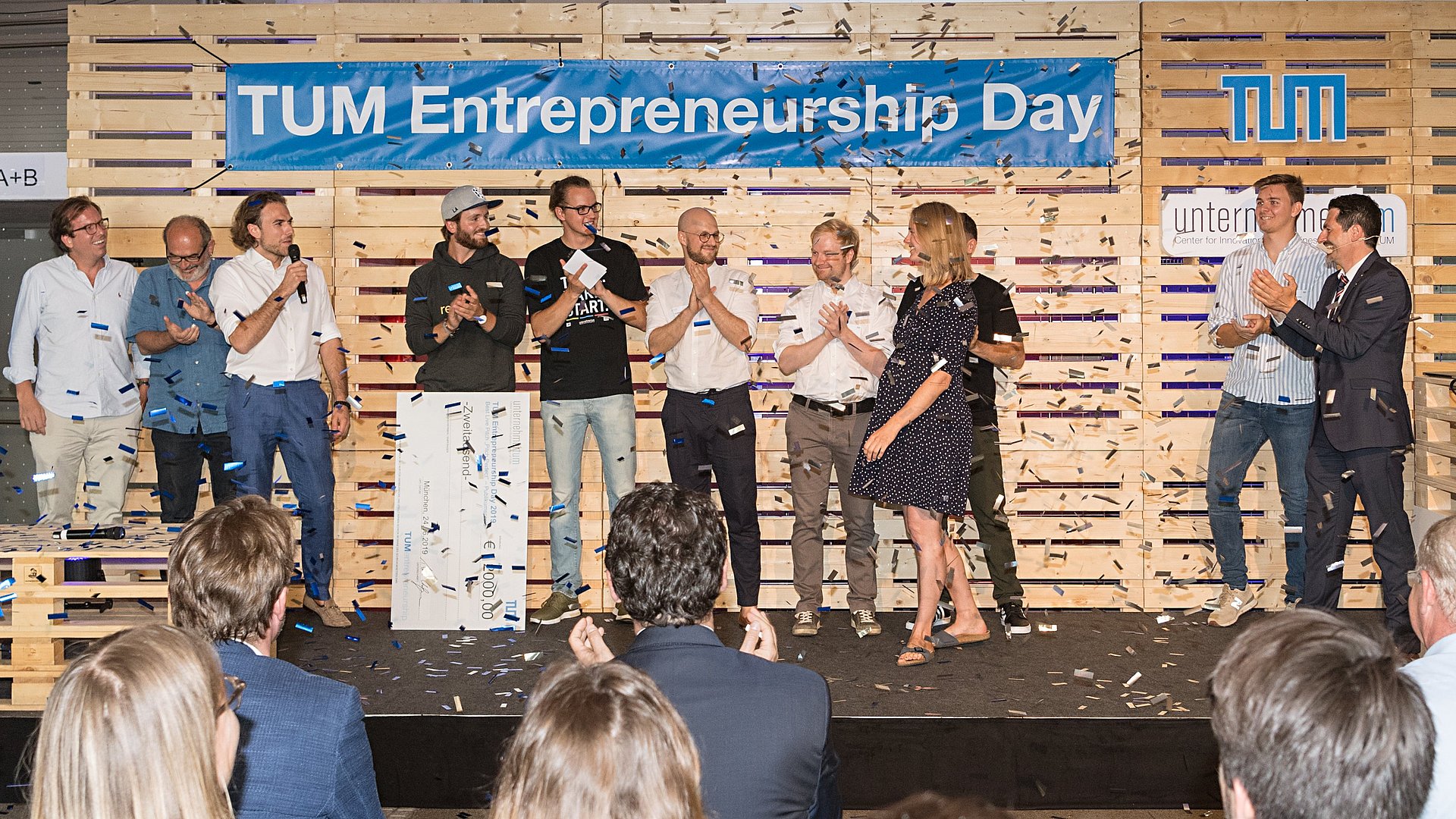
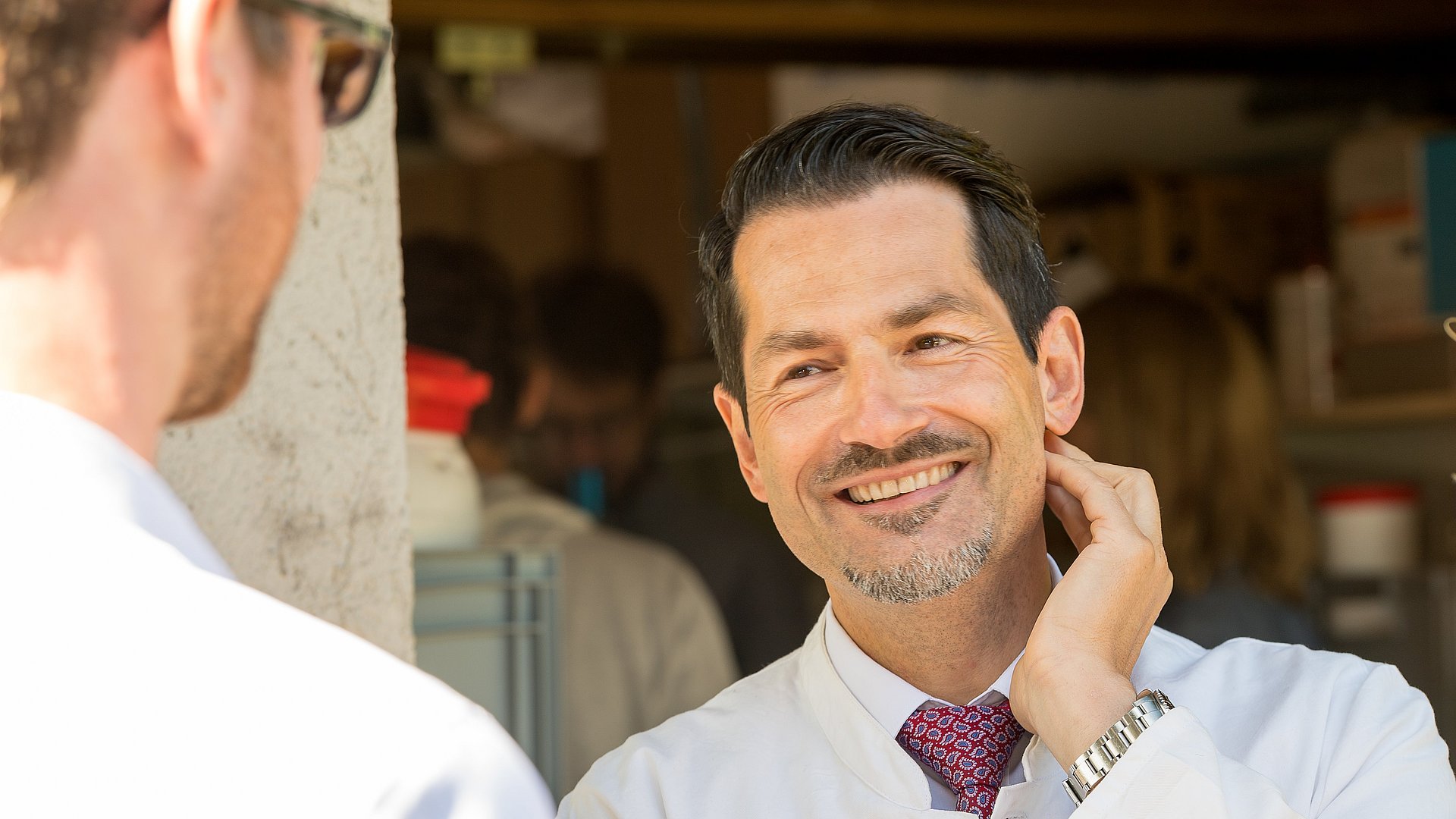
![[Translate to en:] Wolfgang A. Herrmann (r.) has handed over the chain of office of the TUM President to Thomas F. Hofmann.](/fileadmin/_processed_/8/7/csm_20190930_Amstuebergabe_AE_-633_06fdcb3215.jpg)

